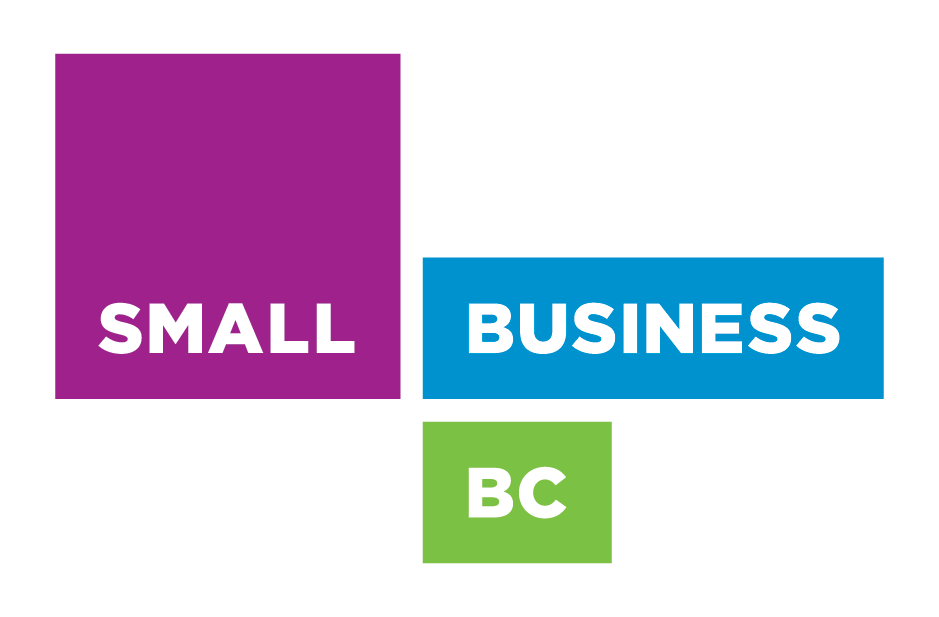Williams Lake – Many pets and aquarium plants still being released and dumped in the wild, are on the world’s worst invasives list. The Canadian Council on Invasive Species (CCIS) and Invasive Species Council of BC (ISCBC) have partnered to launch a new program aimed at reducing the release of these species. The Pet and Aquarium Recognized Retailer Program is a voluntary, self-regulated and free program where retailers commit to educating customers on invasive species impacts, promoting responsible pet ownership and suggesting alternatives to releasing pets into the wild. The Recognized Retailer Program builds on the national Don’t Let it Loose awareness program, which encourages pet owners to find responsible alternatives to releasing plants and animals into the wild. Some of our favourite pets can do serious damage in our natural spaces.
- Goldfish (Carassius auratus), one of the most widespread invasive fish in Canada, easily adapts to life in the wild, where it can grow to the size of a football. When Goldfish reproduce, they can quickly overrun lakes and ponds, taking away habitat and food sources from culturally sensitive species such as trout and salmon.
- Red-eared slider turtles (Trachemys scripta elegans) are a popular pet globally, but when they outgrow their tank, they are often released into the wild. In BC, they compete with at-risk Western painted turtles for basking sites, food, and habitat and may transmit respiratory diseases.
- European rabbits (Oryctolagus cuniculus) can overgraze sensitive environments, like the Garry oak habitats on Vancouver Island, BC, posing a threat to at-risk species such as Golden paintbrush. Additionally, they can cause major property damage, resulting in hundreds of thousands of dollars in damages.
- Eurasian watermilfoil (Myriophyllum spicatum), a common aquarium plant that aggressively spreads once released from tanks. It forms thick, underwater stands and mats of vegetation, reducing biodiversity, limiting boating and swimming, and causing stagnant waters which increases mosquitoes.
CCIS Chair and Executive Director of ISCBC Gail Wallin calls this program an essential step in stopping the spread of invasive species. “The pet and aquarium industry is clearly committed to keeping our pets and environment safe. Informing pet owners at the point of purchase will get us to a place where plants and animals are simply never let loose into the wild, where they do damage that can be impossible to reverse. By working together, we’ll make a difference.”
Participating retailers are supported with access to free training, outreach materials and other tools to help them educate their staff and customers on this important matter. To learn more visit recognizedretailer.ca













